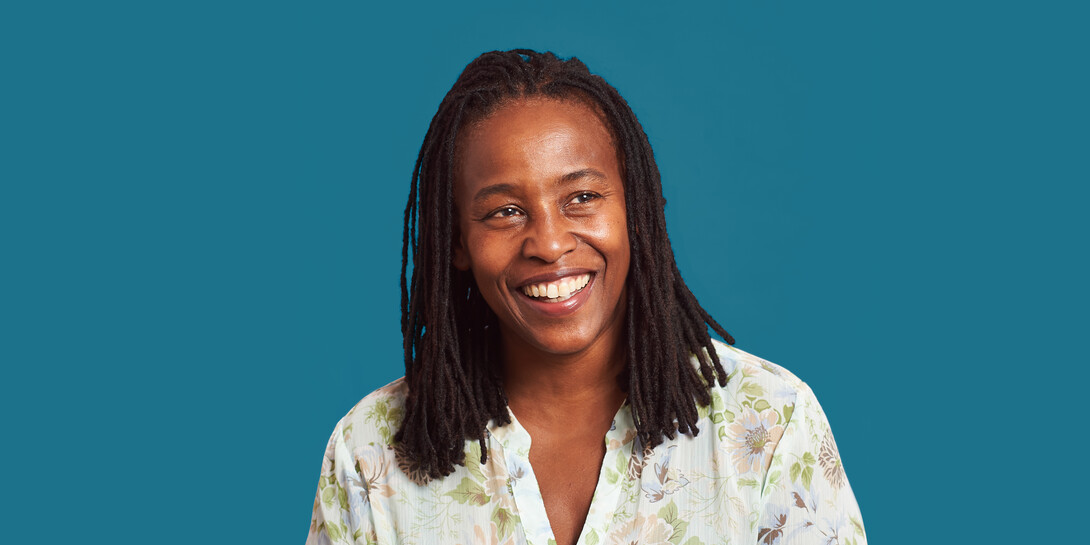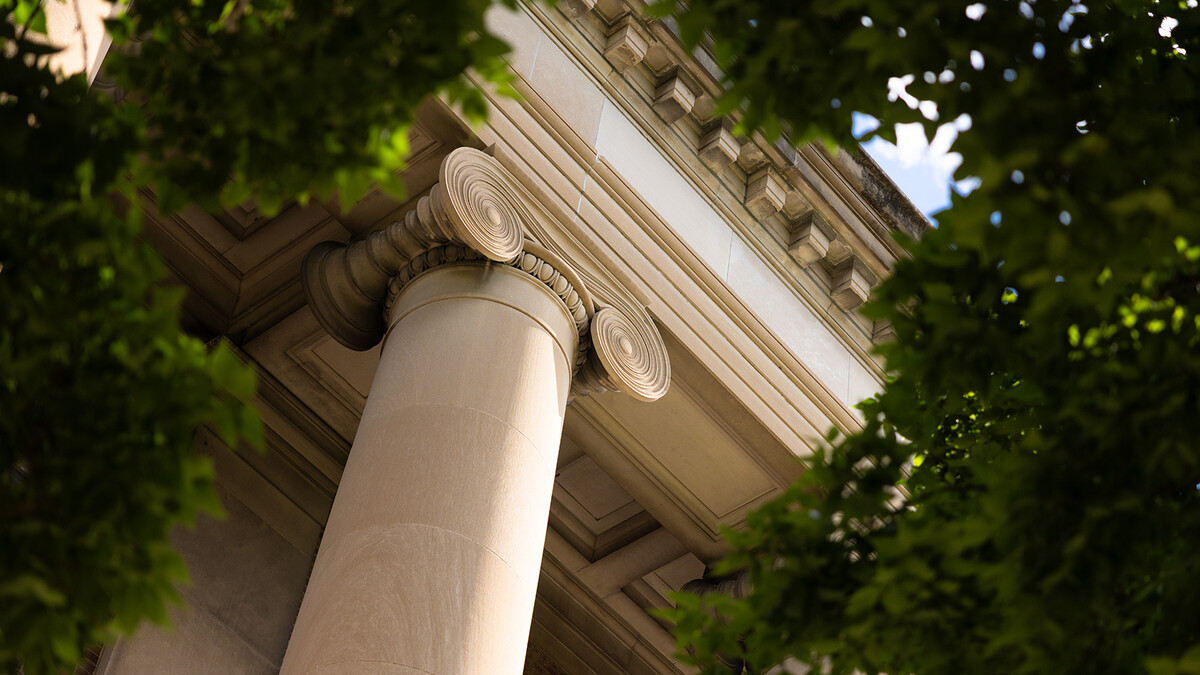
Stephanie Dinkins, an award-winning transmedia artist who creates experiences that spark dialog about race, gender, aging and our future histories, will present the lecture, “On Love, Data and Technologies Rooted in Care,” at 7 p.m. Feb. 25 at the Mary Riepma Ross Media Arts Center.
The lecture is free and open to the public, but a reservation is required as space is limited. Ticket reservations are available online. The lecture will also be livestreamed.
Dinkins will discuss the ways in which many algorithmic technologies are rooted in methods that limit and cajole information from the first human and computational assumptions. The talk is presented by Bemis Center for Contemporary Arts in Omaha and the Johnny Carson Center for Emerging Media Arts.
“The Carson Center is excited to partner with the Bemis Center to bring Stephanie Dinkins to Lincoln,” said Megan Elliott, founding director of the Carson Center. “Assistant Professor of Emerging Media Arts Robert Twomey hosted Stephanie as a key speaker for his SIGGRAPH Frontiers Workshop on Measurable Creative AI last August. We are eager to have our students, faculty and the community hear her speak and spark discussions on these important ethical technology issues.”
Dinkins’ work is on display as part of the exhibition, “I Don’t Know You Like That: The Bodywork of Hospitality,” on view through March 20 at the Bemis Center and curated by Sylvie Fortin, curator-in-residence at the Bemis Center. The exhibition brings together the work of 18 international contemporary artists.
Chris Cook, executive director of the Bemis Center, said he is excited to partner with the Carson Center to bring Dinkins to Nebraska.
“Such collaborations build on our mutual strengths and diverse missions; they contribute to our sustainability and center contemporary arts as they build community,” he said. “We look forward to continuing to expand our community collaborations, amplifying the crucial role of culture in the lives of all Nebraskans.”
Dinkins teaches at Stony Brook University in New York, where she founded the Future Histories Studio. She exhibits and publicly advocates for inclusive artificial intelligence internationally at a broad spectrum of community, private and institutional venues.







